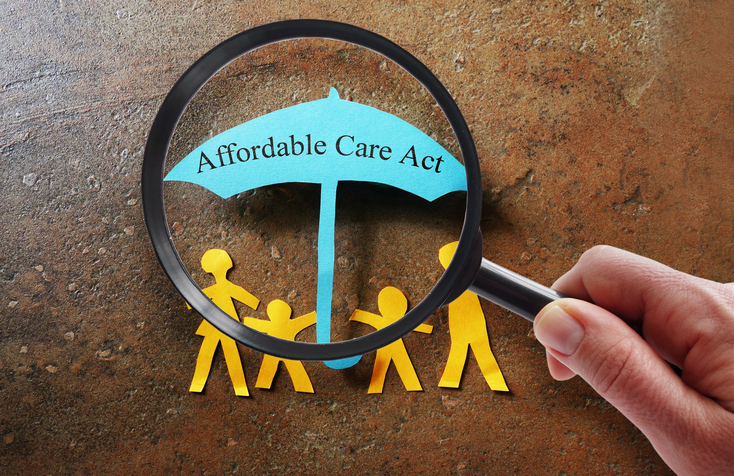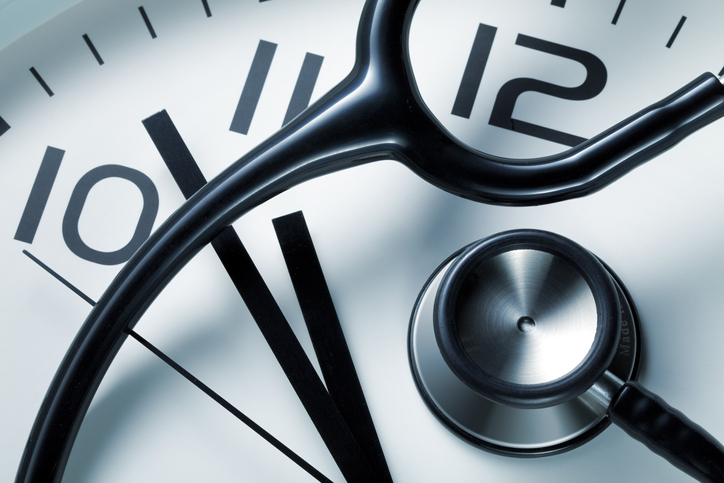GlaxoSmithKline (NYSE:GSK) stood ready to field questions about its first quarter financial earnings but everyone seemingly wanted to ask CEO Andrew Witty about the pharmaceutical giant’s $2.6 billion bid to buy Human Genome Sciences (NASDAQ:HGSI).
Witty obliged.

With the Rise of AI, What IP Disputes in Healthcare Are Likely to Emerge?
Munck Wilson Mandala Partner Greg Howison shared his perspective on some of the legal ramifications around AI, IP, connected devices and the data they generate, in response to emailed questions.
“We absolutely believe that we are the compelling owner for this business,” Reuters reported Witty saying in a conference call with business reporters. “We have the rights and the operational control for the three main assets and we believe this is the right time to maximize value for both sets of shareholders.”
Those assets are lupus treatment Benlysta, which was approved last year and clinical stage compounds albiglutide, an experimental diabetes treatment and darapladib, a drug being developed to reduce heart attack risks.
HGS last week soundly rejected the hostile bid from British pharma GSK, which has its U.S headquarters in Research Triangle Park, North Carolina. HGS, based in Maryland, said GSK’s offer did not reflect its value. But Witty held firm on price, calling the offer a “full and fair bid,” Bloomberg News reported.
Witty gave more color explaining his reasoning for the offer to financial analysts. GSK and HGS have collaborated on drug research since the mid 1990s and GSK characterized the relationship as “a great partnership.” But he characterized Benlysta, albiglutide and dapladib as products where GSK holds the decision-making power.
“We took the view that it was time for us to make this a more efficient relationship, take some of the costs out of the relationship,” Witty said, according to a transcript from Seeking Alpha. “By having two companies involved here clearly for the pool of shareholders creates a cost drain. We think that can be taken and it can be released as a synergy to the GSK shareholders, partially shared with the HGS shareholders through the premium. And it’s really as simple as that.”
That strong and deep relationship suggests that GSK acquisition of HGS makes sense at some price point. GSK had been watching HGS’ stock price, which is now about half of what it was a year ago, and determined that now is the right time to make an offer. Analysts doubt that another bidder will swoop in with a better offer. GSK’s connections to the HGS pipeline are long and deep and it stands to reap greater synergies from an acquisition than another pharma would.
Benlysta now stands as the only compound to emerge from the collaboration as a commercialized product but some believe that darapladib holds the greatest potential. Reuters said that some analysts project that an approved darapladib could become a $10 billion a year drug. That’s a long way off. Darapladib is still in clinical trials and Witty said it could be two years before GSK knows whether the compound can be developed into a drug or not. By then, we should know whether GSK owns and controls the rights of darapladib and other jointly developed products outright.














